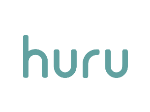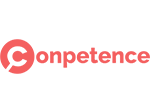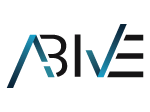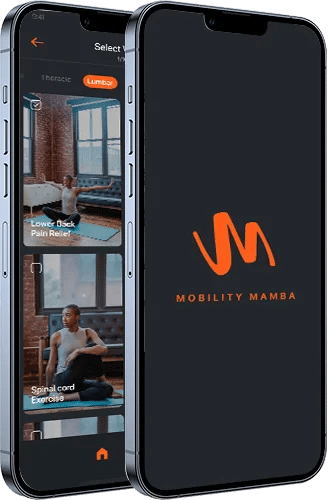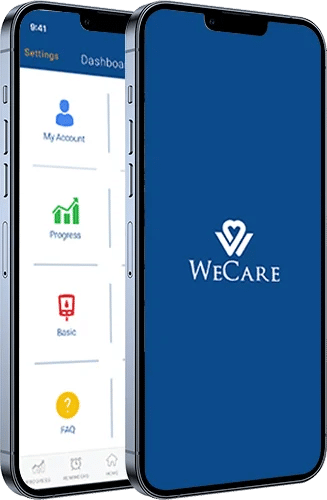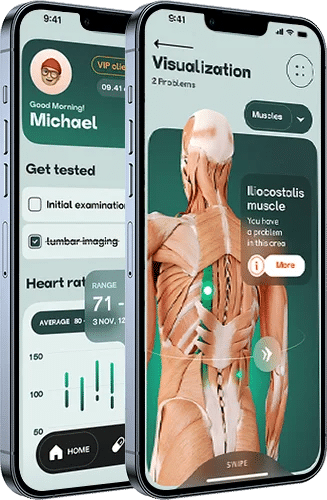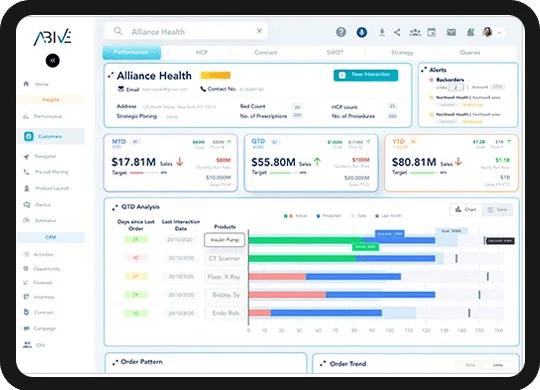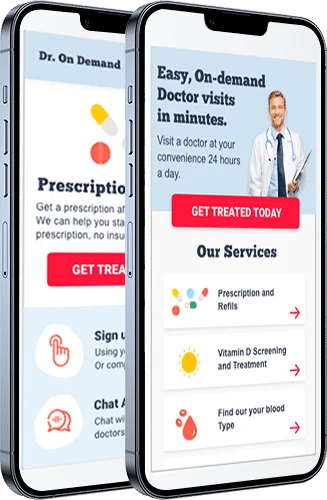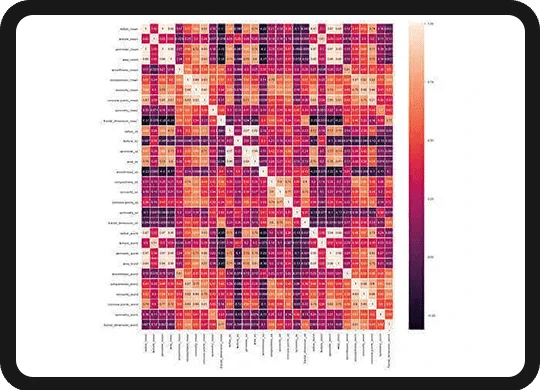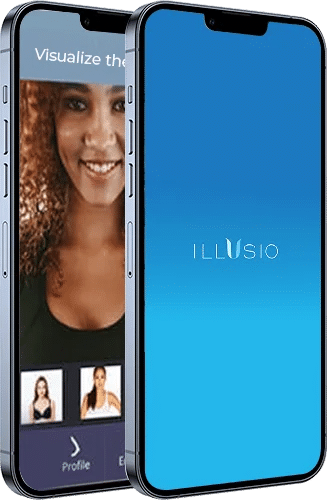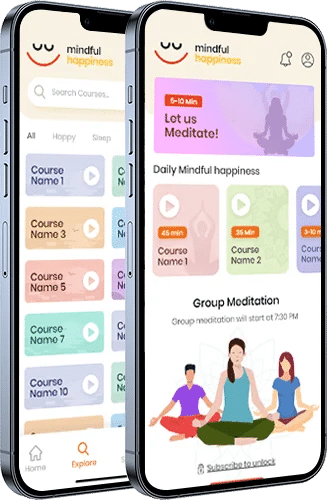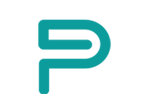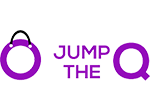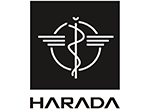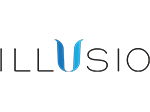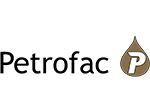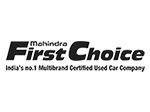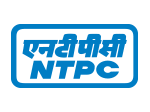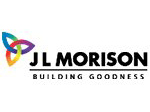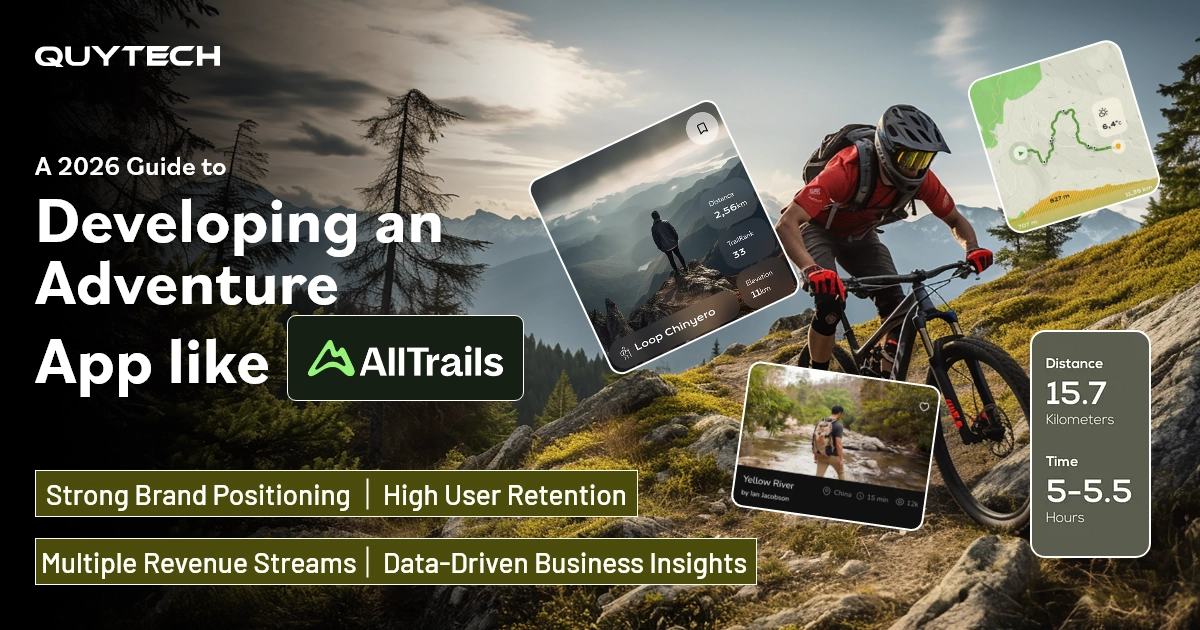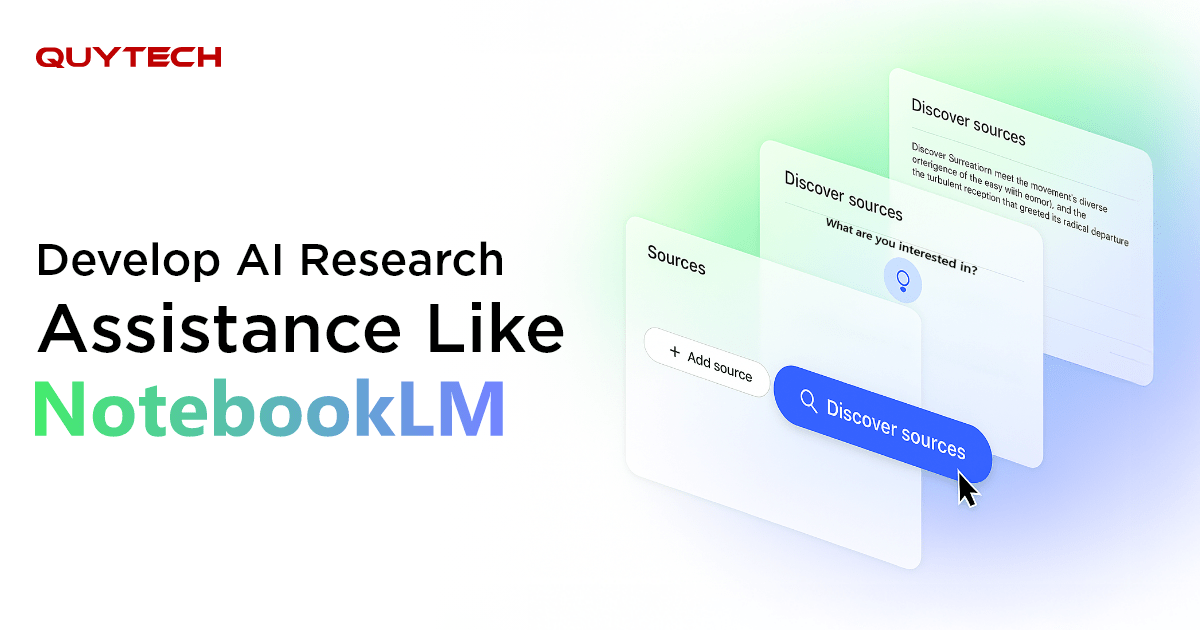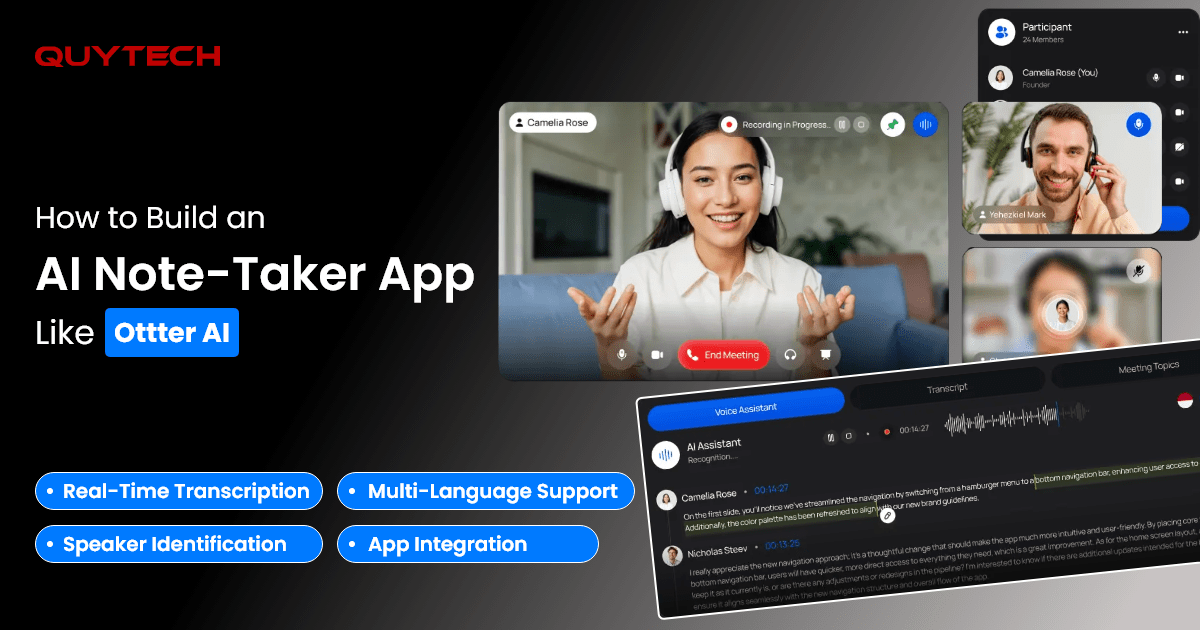The healthcare industry has witnessed tremendous growth over the past few years, especially after the outbreak of the coronavirus. The change has made it necessary for healthcare facilities to leverage technology to improve healthcare services and patients’ experience.
Most businesses are investing in technology and searching for reliable custom healthcare software developers to build healthcare solutions and mobile healthcare software development. Let’s dig deeper to understand more about the healthcare industry and healthcare application development:
Why is Mobile App Development Important for Your Healthcare Business?
Mobile app development is critical for your healthcare business due to the following reasons:
Improved Patient Engagement
With a mobile app, patients can easily connect with their healthcare professionals and vice versa. These healthcare apps facilitate services like scheduling appointments, capturing and storing healthcare records, getting personalized health information, and building a sense of control.
Remote Consultations
Having a mobile app facilitates both healthcare professionals and patients to get remote consultations and teleconsultation services. Patients don’t need to physically visit the medical facility or client, which may be miles away. It saves time and costs without compromising the quality of care.
Minimized Paperwork
A healthcare mobile application, developed by a leading healthcare mobile app development company, allows digital storage of patients’ records and test reports, reducing the paperwork and hassle of carrying heavy files to the medical facilities. Even healthcare professionals don’t have to deal with patients’ file management. It also improves accuracy and reduces admin burden and effort.
Health-Related Updates
With immediate alerts, healthcare applications keep patients informed and updated on critical healthcare information, news, vaccination schedules, and more. It improves patients’ experience and chances of your app’s success.
Data Analytics
Healthcare apps, created by a trusted healthcare mobile app development services provider, with the capabilities of artificial intelligence, can collect crucial users’ data and behavior, which can further help to make data-backed decisions. Based on these insights, healthcare professionals can analyze market trends, get a hold of the patient’s needs, and offer personalized healthcare services.
Improved Communication
By providing patients and medical professionals a platform to communicate, healthcare apps, created by a reliable healthcare application development services provider, improve transparency. They can leverage features like in-app messaging and secure communication channels to connect and communicate with each other.
Find Nearby Medical Facilities
Merely by integrating location services, a healthcare app can offer users the facility of finding nearby medical hospitals, pharmacies, clinics, and other healthcare facilities in case of an emergency. It gives your app a competitive advantage.
The Complete Development Process of a Healthcare App
Here is a step-by-step guide to the healthcare app development process:
Conceptualization and Market Research
It includes defining the purpose of the healthcare application, i.e., if it is for patient engagement, telemedicine, preventive care, medicine delivery, mental health, or any other health category. Market research involves identifying the app’s target audiences, competitors, and market trends. It also includes understanding app users’ requirements and pain points that the app will resolve.
Collecting Requirements
The next step is to collect specific app requirements, such as features, functionalities, and tech stack. Based on these requirements, healthcare app engineers decide which features are essential to build an MVP and which can be implemented after the success of the minimum viable product.
UI/UX Design
The app’s design plays a crucial role in its success. Therefore, it is one of the most important parts of healthcare app development or healthcare solution development services. It involves creating intuitive and interactive interfaces with simple navigation. The step also involves planning the user journey and creating wireframes and prototypes.
Development
After deciding the healthcare app's tech stack, features, and functionalities, a medical app developer begins with an MVP (based on the client’s requirements) or the complete mobile application. The development phase involves backend development, frontend development, implementing security measures, and integrating third-party services.
Testing
The mobile healthcare software development company conducts functional testing to ensure the seamless functionality of all the features, usability testing to collect user feedback to improve user experiences, and security testing to make vulnerability assessments. The medical software development company also conducts compliance testing to verify that the app or software is HIPAA and GDPR-compliant.
Deployment
In this step, the healthcare application development services provider publishes the app on the App Store or Google Play Store. Deploying the app’s backend infrastructure on a secure server also falls under this step.
Support and Maintenance
Most custom healthcare software development service providers also offer support and maintenance services to fix user-reported issues instantly, continuously improve the healthcare app based on user feedback and changing market trends, and stay up-to-date with regulatory changes.
Essential Factors to Consider Before Developing a Healthcare App
Keep the below-mentioned factors in mind to ensure the success of your healthcare mobile application:
Target Audience and Users’ Expectations
Decide whom you want to target- medical professionals, patients, or both. Also, understand their pain points or needs that you can solve or fulfill with your healthcare mobile application. Also, consider what your competitors are offering.
Data Security
A healthcare application, developed by a healthcare application development services provider, captures users’ personal and confidential data to offer them the required services and a personalized user experience. Therefore, make sure the telemedicine app developers implement the latest data encryption protocols, security authentication, and control mechanisms to secure this sensitive data.
Interoperability
These days, users are not satisfied with just an app; they want the app to do a lot more, like integration with wearable devices and electronic health records systems. Therefore, make sure your healthcare or medical app is interoperable.
Scalability
When you select a company for healthcare mobile app development services, ask them about scalability and customization. The former is crucial to accommodate a growing user base and fulfill their evolving needs. Ensure the healthcare solution development services provider offers scalability in terms of server and database infrastructure.
Monetization Strategy
Plan a monetization strategy to ensure your healthcare app gives value for the money. Choose from different monetization models, such as in-app advertisements, subscriptions, and in-app purchases.
Trending Features That You Should Have in Your Healthcare App
A healthcare app with the latest features allows you to stand out and increases your chances of success. Therefore, it is critical to know the trending features that you can ask the selected custom mHealth development firm to implement in the mobile application:
AI-powered Symptom Checker
AI-enabled symptom checker empowers users to assess their health conditions and connect with the right healthcare professional. Quytech, a reputed healthcare mobile app development company, integrates this feature in almost every healthcare app to facilitate smart decision-making and real-time symptom tracking.
Wearable Device Integration
The feature will allow healthcare app users to capture and synchronize data from wearable devices such as fitness trackers and smartwatches. This way, users and their healthcare professionals can monitor and track their vital signs like heartbeat, oxygen level, blood pressure, etc.
Medication Reminders
Implementing the medication reminders feature can set your app apart from others. It is a helpful feature that makes the app automate sending out reminders to users so they can take their medicines timely. Apart from this feature, adding prescription refill requests is also beneficial as it will ensure a user never runs out of medication.
Capturing and Storing Personal Health Records
When you develop a healthcare mobile app by choosing Quytech’s healthcare application development services in India, you ask our experts to add a PHR or personal health records feature. It will empower the app users to securely store and maintain their health records, such as medical history, test reports, and vaccination records. It would be great if the app allowed users to directly share their PHR with their respective healthcare professionals or doctors.
Virtual Consultations
Online consultations will enable healthcare app users to get audio and video consultations with different healthcare providers, such as cardiologists, orthopedic specialists, psychiatrists, and pediatricians. Providing an in-app chat would be the cherry on top.
Two-Factor Authentication
When choosing a company for developing mHealth apps, don’t miss out on integrating two-factor authentication, facial recognition, or fingerprint/biometric authentication, as it prevents unauthorized use of users’ crucial data.
AI-powered Virtual Assistant
Healthcare chatbots can transform your healthcare app, making it easier for its users to get answers to their queries. Such assistants can even help with appointment scheduling and assessing preliminary symptoms. It can guide users about which type of healthcare professional they should consult for their particular health issues.
Emergency Services Locator
With this feature, app users can locate nearby medical facilities, hospitals, and clinics in case of emergency. An emergency services locator would be a key differentiator for your healthcare app. Don’t forget to mention it in the feature list before searching for a company that offers mobile app development for healthcare.
Multiple Language Support
By incorporating multi-language support into your healthcare mobile app, you can make it easier for users to get healthcare services across the globe. Merely by choosing their preferred language on the app’s homepage, users would be able to access the app and, ultimately, required healthcare services.
Gamification
Gamification is another crucial feature that can improve user experience. Adding gaming elements, such as challenges, rewards, events, quizzes, and competitions, would encourage the users to visit the app frequently and achieve their health and fitness goals. It will help improve user engagement, which is profitable for any business.
Offline Access
Allowing users to access the app without an internet connection is a feature that can increase the chances of its success. With offline access, users would be able to access critical information, such as their health records or nearby healthcare facilities.
Please note that the features of a healthcare mobile app may vary depending on the type of app. You can consult experienced app developers or a healthcare mobile app development services provider to decide on and implement advanced features for your app.
Mobile Healthcare App Development Time and Cost
How much does it take to develop a healthcare app? How much do I need to pay for healthcare app development? Well, there are no straight answers to these questions as they depend on multiple factors, including the following:
Features and Functionalities
A healthcare app with basic features, such as sign up, sign in, profile creation, and more, doesn’t require more expertise in advanced technologies and, hence, can be developed within a few months. However, adding top-notch features, such as telemedicine, data analytics, medication reminders, and more, may increase the complexity of the app and will require highly expert and experienced healthcare mobile app developers. The more complexity, the higher the time and cost of healthcare app development.
Adhering to Regulatory Compliances
A healthcare app must adhere to regulatory compliance, such as HIPAA (Health Insurance Portability and Accountability Act) and GDPR (General Data Protection Regulation), to earn its users’ trust. The process takes time and adds to the cost of healthcare app development.
Third-party Integration and APIs
Integrating a healthcare app with third-party systems and devices is no less than a necessity to ensure the app’s success. However, it requires additional time, resources, and costs.
App’s Type and Platform
The cost of developing a telemedicine app and a remote patient monitoring app might be different. It means the type of app is a crucial factor when considering the healthcare app development time and costs. Similarly, the time and costs required to develop a native app are not the same as compared as a cross-platform healthcare mobile app.
Location and Experience of the Healthcare App Company
The geographical location and experience of the partner from which you are getting healthcare mobile application development services in India or any other location are the major contributors to the healthcare app development time and costs. The cost of hiring healthcare application developers in the USA and India is not the same.
Similarly, the cost of hiring experienced healthcare developers with expertise in emerging technologies (AI, ML, IoT, Blockchain, and more) may vary from that of a developer with a few years of experience.
Why Do Healthcare Businesses Fail?
In this tech-driven world, one of the biggest reasons for the failure of healthcare businesses is not leveraging technology in their operations. In other words, not implementing healthcare apps and software may make their competitors outdo them in the market. Let’s dig deeper to understand the same:
Inefficient Workflow Management
It is crucial for a healthcare business to efficiently manage its workflows to execute tasks, such as appointment scheduling, invoicing, and patient records management. Improper management or lack of technology may cause the business to face inefficiencies and errors, resulting in increased operational costs and poor customer experience.
Improper Data Handling
Healthcare businesses deal with patients’ sensitive information, and manually managing this information may lead to inconsistencies and inaccuracies. It may also lead to several compliance issues. It may cause a loss of trust among patients.
Restricted Patient Engagement
Not engaging with the patients to educate them or communicate with them may also lead to the failure of a medical business. It may also lead to poor patient retention. The problem can be solved by implementing advanced technology that helps in grabbing opportunities for preventive care and health monitoring, along with efficiently engaging with patients.
Lack of Telemedicine Opportunities
Remote consultations are the new trend in the healthcare industry; a medical facility that is unable to provide the same to its patients may face failures. This gap can be covered by implementing top-notch telemedicine apps and software.
Not Evolving with the Latest Market Trends
A healthcare organization that doesn’t keep a tab on the latest market trends may lag and face failures. Moreover, its competitors can outdo it in no time. Technology allows such businesses to adapt to changing patients’ expectations and market trends.
From the aforementioned points, it is evident that most healthcare businesses are struggling or facing failures due to the lack of technology. It means embracing technology, including healthcare mobile applications and software, can contribute to the success of these businesses and also provide a plethora of opportunities to grow and thrive.
How to Hire the Best Healthcare App Developers?
After you decide to build a healthcare application for telemedicine, patient management, remote patient monitoring, or any other healthcare service, it is time to hire healthcare app engineers. Here are some points that can help you choose the best developers:
List Your Healthcare App Requirements
Outline your custom app requirements, including its scope, objectives, and pain points it will resolve. This will help you move in the right direction and search for the required skills in developers.
Find Healthcare App Developers
Explore different freelance portals to find some healthcare mobile app developers. An easy and reliable way is to find a healthcare mobile app development company that offers “hire healthcare app experts” services. Choosing the latter is a better option as you will always have someone to connect to resolve queries related to your mHealth app development or the whole project.
Check their Experience
Finding developers with healthcare app development experience is an added advantage. However, if you don’t find such developers, pick the ones with experience in app development and the latest technologies, such as AI, ML, AR/VR, Blockchain, and IoT, which have made a revolutionary change in the healthcare domain.
Review Developers’ Technical Expertise
Evaluate your potential developers’ technical skills. Check whether they are familiar with the trending mobile app development frameworks, programming languages, APIs, and regulatory compliances. Verify if they also offer healthcare app deployment services. Another key point to consider is to check for the project deadlines and communication during the development process.
Check their Portfolio and Client Testimonials
Once you shortlist a few developers meeting your expectations, review their portfolio to gauge the quality of their previously delivered projects. Check their clients’ testimonials to understand what their previous clients say about their work.
Security Expertise and Compliance Knowledge
As aforementioned, healthcare mobile applications collect and store sensitive information about their patients and medical facilities. Verify that the developers use advanced data encryption techniques and security practices. Also, check if they adhere to required compliances, such as HIPAA (for the USA) and GDPR (for Europe).
Non-Disclosure Agreement
Always make sure the developers sign a non-disclosure agreement to protect the confidentiality of your mHealth app idea and other information you have to share to support the app development process.
Support and Maintenance
Regular support and maintenance services are a must to ensure the smooth functionality and performance of any healthcare mobile application. Therefore, don’t forget to verify the same when you hire healthcare application developers.
You can follow the same steps when hiring a custom healthcare app development company in the USA or any other country for your mHealth or EMR software development. It will help you choose the best one for your project.




